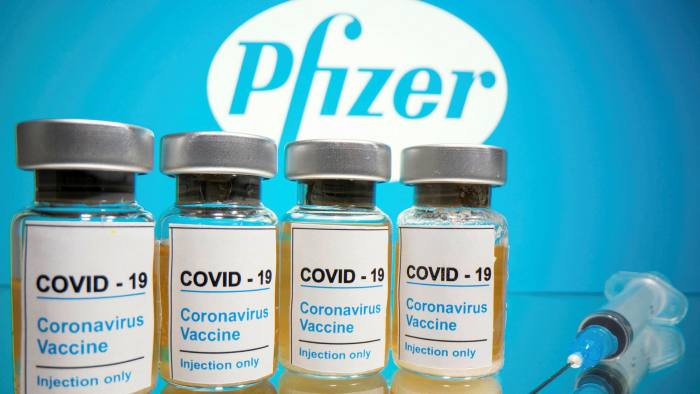By Erica Ho, Research and Education Associate
With the first doses of COVID-19 vaccines being rolled out, kidney and transplant patients have had many important questions about how the Pfizer and Moderna vaccines may affect their health and treatment regimens. To help get these questions answered, the Terasaki Institute for Biomedical Innovation and its Deputy Director, Dr. Amy Waterman, hosted an informational panel called, “What do I need to know about the COVID-19 vaccines & transplant vaccine trial” on January 8, 2021. Transplant patient advocates asked questions to several leaders in the transplant and immunology fields: Dr. Bill Werbel, an infectious disease expert and transplant physician at Johns Hopkins University, Dr. Dorry Segev, a transplant surgeon and head of the Transplant Vaccine Trial at Johns Hopkins University, and Dr. Gabriel Danovitch, Medical Director of the UCLA Kidney and Pancreas Transplant Program. A full replay of the talk with all the questions asked and answered is available here.
Together, the speakers answered questions such as, “How do these new vaccines protect individuals from COVID-19?”, “Are the vaccines different?”, and “Should transplant patients get the vaccine?”. Answers to these questions and more can also be found in our comprehensive COVID-19 guide for kidney and transplant patients, “Doing everything you can during COVID-19.”, which is also available in Spanish. Dr. Danovitch recommended that transplant patients get the vaccine, since the impact of getting COVID-19 is so much worse for transplant patients. Dr. Werbel explained that the vaccine is not a live virus and would not cause a vaccinated patient to be able to spread COVID-19 to anyone who wasn’t vaccinated.
Dr. Segev also took the time to talk about the Johns Hopkins University Transplant Vaccine Trial. Though the Pfizer and Moderna vaccines have been extensively tested on the general population, there is little known about how the vaccines may affect transplant patients. The Johns Hopkins study will monitor transplant patients who are planning to get vaccinated before and after they receive the vaccine. The purpose of this trial is to determine gaps in vaccine knowledge for transplant patients specifically. If you are a transplant patient planning on being vaccinated and are interested in enrolling in the trial, click here.
Jim Gleason, President of Transplant Recipients’ International Organization (TRIO); George Franklin, President of the Quarter Century Club, for patients who have had transplants for over 25 years; Candice Coghlan, transplant mentor and advocate; and Louise Lerminiaux, a patient advocate, all asked questions about how the vaccines may affect their transplanted organ or react with their medication regimen. To these questions, the doctors agreed that based on current information and what is known about other vaccines made similarly to the COVID-19 ones, it is unlikely that the vaccines will cause severe or long-term adverse reactions that can put transplant patients’ health at risk. George also asked about what concerns he may have as an African American and transplant recipient. To this, Dr. Segev responded that since there are still unknowns about the effectiveness of the vaccines and that ethnic minority groups are at higher risk of community transmission, people like George must still be careful of infection, even after receiving the vaccine. Candice Coghlan, who is pregnant, also asked about her own risks and about progress in pediatric vaccinations. The doctors on the panel recommended that she still consider getting vaccinated, but to consult with her provider to gauge her particular individual and situational risks. They also shared that the Pfizer vaccine has been approved for children as young as 12 while the Moderna vaccine has only been approved for those 18 and up.
To conclude the talk, Dr. Segev stressed to the attendees that if they are a transplant recipient or a family member, they should learn as much as they can about the vaccine and to consider joining the trial if they plan on being vaccinated. Jim Gleason also added that patients should listen to their transplant program and providers for advice and while navigating new vaccine information as it becomes available.
The transplant patients on the panel left the discussion more reassured and informed.
“I feel much more confident knowing that the vaccine is safe for me as a transplant patient, pregnant woman and that it would be safe if I were to get it while breastfeeding.” – Candice Coughlan
“While I was firm in my own intention to follow my heart program’s recommendation to get the vaccine, I am even more comfortable with that decision now and can share much better within my TRIO community with their concerns and questions.” – Jim Gleason

